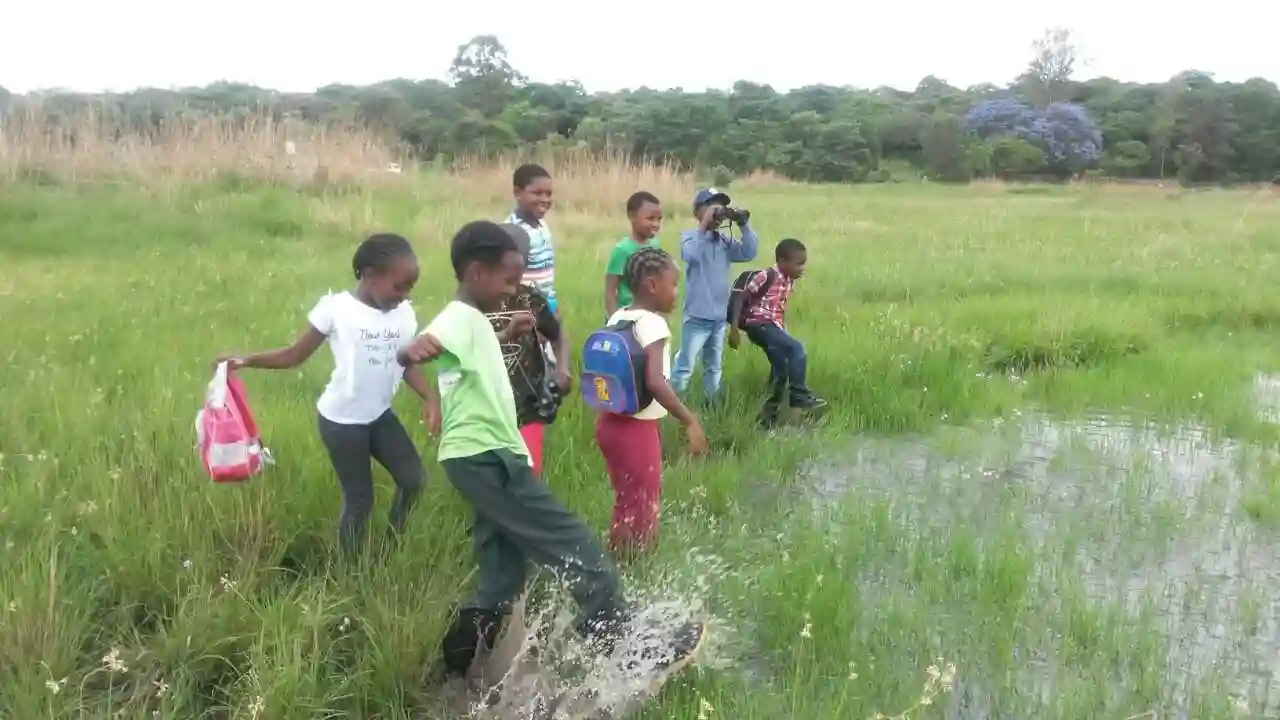The Harare Wetlands Trust (HWT) has raised alarm about the increasing destruction of the city’s wetlands.
HWT warns that this unchecked degradation poses significant risks to both the environment and public health.
In an interview with the Zimbabwe Independent, Selestino Chari, the HWT’s programmes manager, described the situation as “alarming.” Said Chari:
We are working tirelessly to challenge all developments taking place on wetlands. Our goal is to secure a ministerial directive that prohibits such activities and compels the City of Harare to cease leasing and selling stands located on wetlands.
As Harare Wetlands Trust, we are worried about the destruction of wetlands in Harare as a whole because it is now alarming.
In as much as we want preservation of wetlands, we also want to petition the government to intervene with corrective measures.
Either compensation or any other remedy is critical for addressing the issue of wetlands as there is a competition between environmental rights and property rights.
According to a 2020 study, Harare’s remaining wetlands span approximately 18,328 hectares, accounting for about 21% of the city’s total land area—a significant reduction from their original extent.
An analysis of Google Earth imagery covering 10 wetlands across the city from 2007/2008 (the earliest date with consistent coverage) to 2019 revealed a mean decline in wetland area of 50% over these 11 years.
HWT, in collaboration with Zimbabwe Lawyers for Human Rights (ZLHR), is pursuing legal action against developments affecting wetlands and reviewing the status of privately owned wetlands.
They have submitted a petition urging immediate action to convert certain land zoned for development back into public open spaces, particularly targeting headwater wetlands that are vital for water supply.
Wetlands are areas of land that are saturated with water, either permanently or seasonally, resulting in distinct ecosystems.
They help filter pollutants and improve water quality, absorb excess rainwater, reduce the impact of floods, and sequester carbon, helping mitigate climate change.
More: Pindula News

